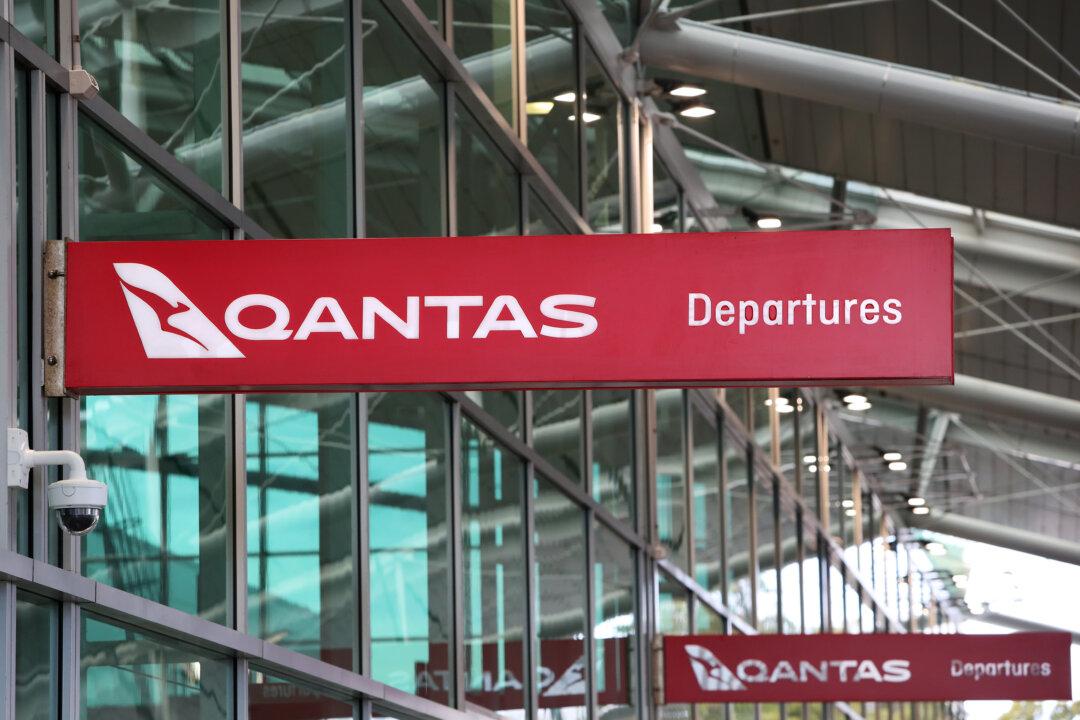Australia’s flag carrier Qantas will fight allegations that it engaged in selling “ghost flight” tickets after the COVID-19 pandemic.
In a recent announcement, the airline said it had launched its legal defence with the Federal Court against the Australian Competition and Consumer Commission (ACCC), which accused Qantas of selling tickets for cancelled flights between May and July 2022.





